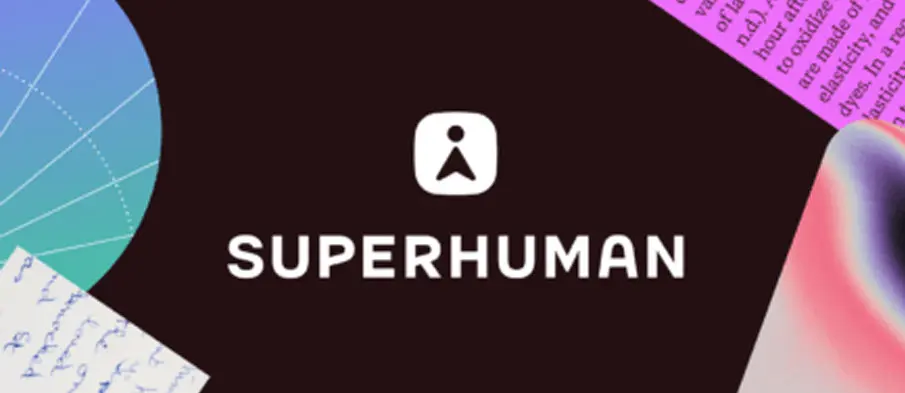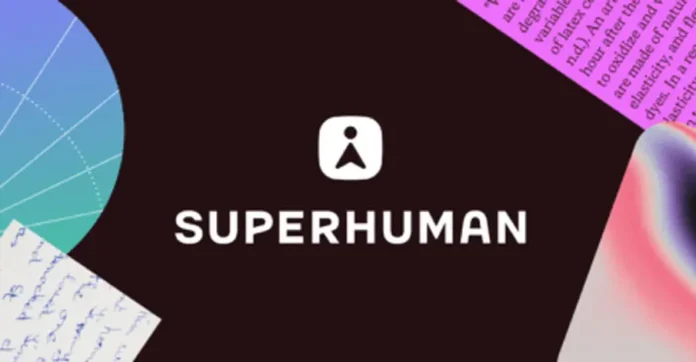
Grammarly has officially rebranded its parent company as Superhuman, marking a major transformation from its origins as a writing assistant to a comprehensive suite of AI-powered productivity tools. The rebranding signifies the company’s ambition to redefine how individuals and teams interact with artificial intelligence across writing, communication, and collaboration workflows.
The move follows Grammarly’s June 2025 acquisition of the AI email platform Superhuman, a deal that set the stage for deeper integration across AI productivity ecosystems. Under the new brand identity, Superhuman now unites Grammarly, Coda, Superhuman Mail, and a newly launched product called Superhuman Go into a single, interconnected platform aimed at simplifying digital work.
At the center of this evolution is Superhuman Go, a next-generation productivity tool that introduces multiple AI agents capable of drafting emails, scheduling meetings, and retrieving information from any app or browser tab. The tool acts as an intelligent personal assistant across platforms, allowing users to seamlessly manage tasks without switching contexts.
To foster an open developer ecosystem, the company also unveiled the Superhuman Agents SDK, enabling developers to build and integrate custom AI agents into the platform. Early development partners include Fireflies, Common Room, and Quizlet, all of which are working on specialized use cases to enhance collaboration, note-taking, and communication through AI automation.
CEO Shishir Mehrotra emphasized that the company’s mission extends beyond productivity enhancements. “The goal is to make AI blend naturally into everyday workflows, helping users focus on creative and strategic work,” he said. Mehrotra, who previously led product at Coda and now heads the unified company, highlighted that this shift positions Superhuman as a leading force in ambient AI — where intelligent agents work quietly in the background to streamline human effort.
With this rebranding and product consolidation, Superhuman aims to create an integrated ecosystem where writing, communication, and task management flow seamlessly together through AI orchestration. The move not only strengthens its competitive edge in the productivity software market but also signals a broader industry shift — one where AI becomes an invisible yet indispensable partner in daily digital work.





